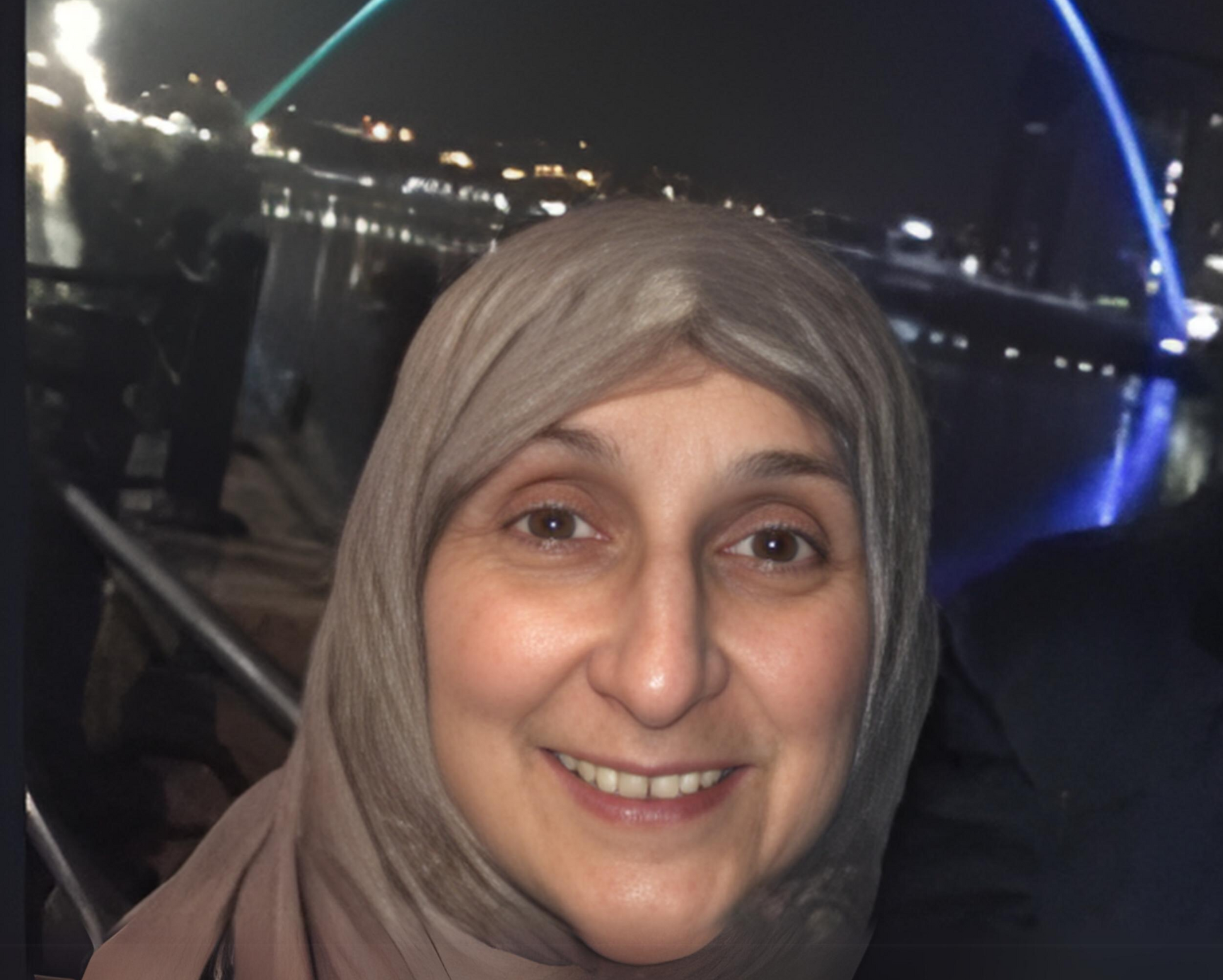
“unaccompanied children need help as they face distinct challenges”
Yasmin and Mohammad – TACT Foster Carers Since 2020
North East
“Before I became a foster carer, I provided children with private tutoring in English and Maths. I have a son and daughter who were both studying at university at the time, so my home was quiet, and I had a lot of spare time.
I decided to become a foster carer because I felt that I had some experience in looking after children, having raised my two. I also had a lot of empathy towards children from troubled childhoods and felt that I could help make a positive impact on their lives by keeping them safe and offering a happy and fun environment for them to live and grow in. I felt it would also benefit my children in appreciating their childhood and learning to help those who were less fortunate.
The application process was very thorough. I suppose it has to be because TACT have to be sure that my husband and I were suitable for fostering. The regular meetings with our social worker were important as we got to know each other quite well and were able to ask difficult questions about caring for children. All aspects of fostering were explained, both the positive and the negative, so we were very well informed. I really appreciated this aspect of the application process. Going to panel was totally nerve-racking and despite there being so many questions we were quite prepared for all that we were asked.
In the matching process, TACT will discuss children awaiting fostering and the carer has a choice as to whether to accept the placement. Usually, carers decide before a child is placed with them. Of course, when we were told about our first foster child we were so anxious and excited. I thought to myself “this is it, this is why I applied to be a foster carer and been approved by panel”. TACT had prepared us well on what to expect in terms of trauma in children; to be patient and that there is so much support available. This was especially reassuring and gave me confidence to accept our first placement.
When T our 16 year old foster daughter arrived, she came with her social worker which helped her ease into our home, made her feel comfortable before leaving.
It was during the COVID-period so we were restricted on what we could do in terms of going out. However, we managed. T enjoyed our days out and we got to know each other. My children came home from university and slowly we all bonded very well.
One of my greatest successes was when I found T, who was very upset at the time, sitting on the window ledge of her bedroom. I reacted calmly and didn’t show her that I was in shock or that my heart was beating like a drum when faced with this situation. I just went to her and spoke to her as though it was normal to hang out of a window until she came back into the room. That was the most terrifying 20 minutes of my life!
With time, she became calmer and contemplative in her responses to external situations. I remember T telling her friend how much she had changed for the better being with us. That was so nice to hear. T stayed with us for five months and she will call from time to time. She is doing well.
I enjoy meeting new children and trying to help them as best as I can, whatever that may be. Sometimes, if they are small, I take them out to the park, for a drive or even maybe to the beach.
Generally, when I have a new child, I show them their room and then take them out somewhere nice to eat and do something fun. I help them unpack and make sure I have some of the food that they like, which I try to find out about beforehand.
My last two placements have been young adults seeking asylum. As one boy was from Iraq and one from Ethiopia, I found out about their culture and bought food appropriate to what they would be used to.
Apart from just providing accommodation with regards to unaccompanied asylum-seeking children in the UK, with no parent or carer, there are so many areas to be taken into consideration for their general well-being. They need to feel secure, so staying in a hotel or a home alone will not offer that feeling of safety, which is detrimental to a young person.
For many asylum-seeking children, it has been a very long journey for them, often crossing many countries and having to deal with the trauma of leaving their own homeland where they have left their families to find a place of safety. These unaccompanied children need help as they face distinct challenges, such as having their age disputed during immigration assessments due to a lack of formal documentation, or the risks of exploitation or abuse, or further challenges with legal status, plus trauma, separation and loss.
We need to guide them with their health, self-care, education and training whilst supporting their emotional and behavioural development. Having an inclusive approach that encourages their identity, with particular regard to religious persuasion, racial origin and cultural and linguistic background, is important.
We need to show compassion for the family and social relationships they left behind while creating opportunities for them to build connections within a stable household or community. This is why it is important that they live with foster carers that help provide them with this support.
By being a foster carer, you’re helping children to have an independent life and support them with the many challenges that they may encounter. It is very satisfying to know that you have helped them become more confident and it is rewarding knowing that your time with the young people has been of benefit to them.
Sometimes there is trauma that needs to be addressed and that requires a lot of patience. I have had to deal with issues such as the childrens’ mental health, in a slow and caring manner, by not judging and gently managing the situation, being always calm and trying not to show any external reactions.
Often people don’t understand that being a foster carer involves a wide range of skills. I think that a lot more people should look into fostering as there is so much that people can do to help. The support from TACT is amazing and they are always available for support and advice.”




